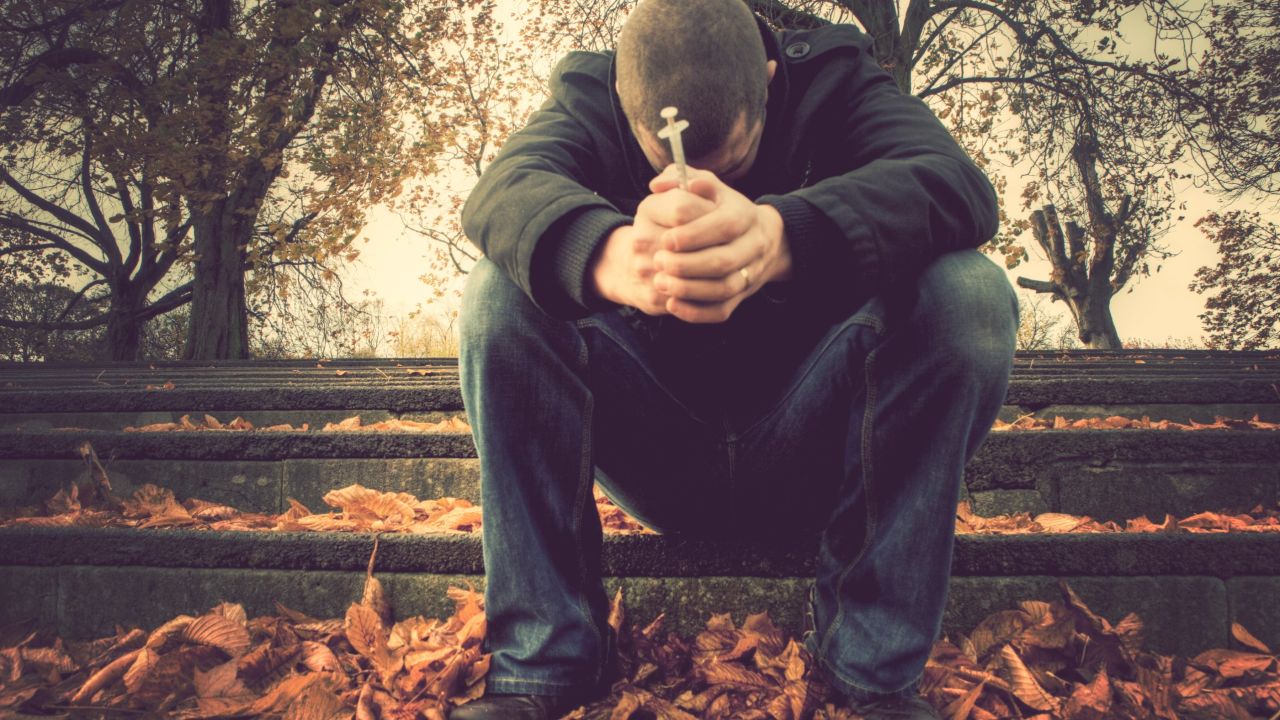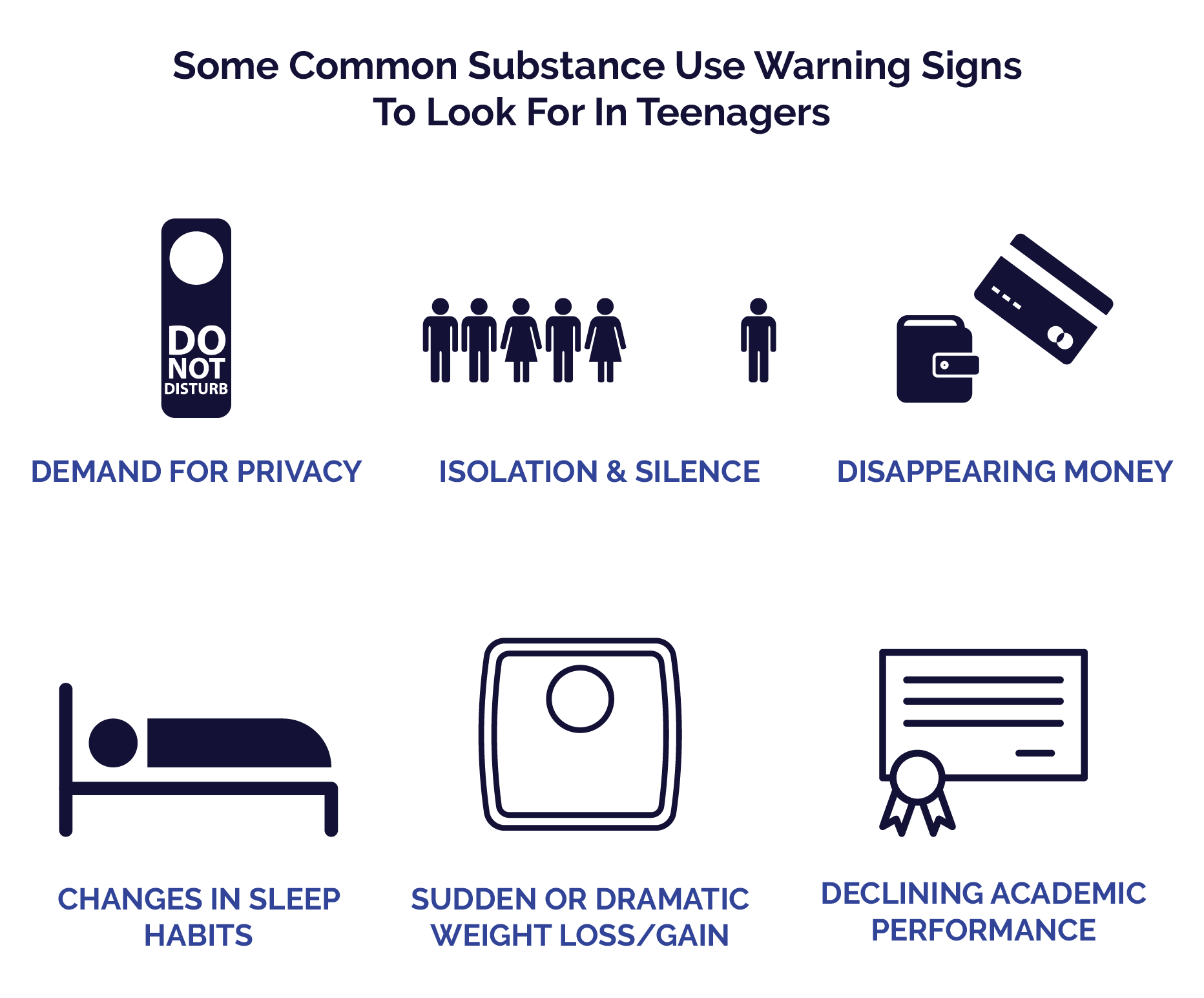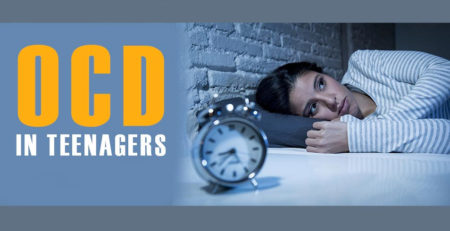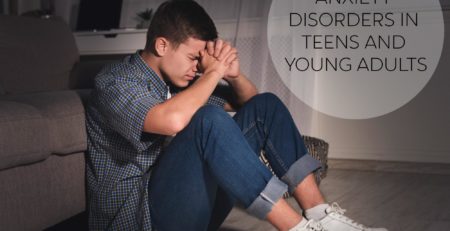Understanding the Realities of Teen Substance Use
As parents, nothing is more important to us than ensuring the health and safety of our children. We take countless steps to protect them from harm and prepare them for success in life. Yet, it is often easy to brush off teenage experimentation as usual or a rite of passage when it comes to issues like substance use. However, it is essential to understand the reality of teen substance use and its impact on young people. So, is it normal or not? Let’s take a closer look.
First and foremost, it is crucial to understand that teenage substance use is not normal behavior. While experimentation may occur, it is not typical for young people to engage in regular drug or alcohol use. Research shows that most teenagers do not use drugs or alcohol at all. Furthermore, frequent substance use can have significant negative impacts on young people, including physical and mental health issues, addiction, poor academic performance, and relationship problems.
One factor that can contribute to the perception of teenage substance use, as usual, is its portrayal in popular culture and media. Movies, TV shows, and even some music can often present drug and alcohol use as part of the fantastic or rebellious image associated with teenage life. However, it is vital to remember that this representation does not reflect reality and can harm impressionable young minds.
Another myth surrounding teen substance use is that it is harmless or low-risk. Many people wrongly assume that experimenting with drugs or alcohol during adolescence will not have any lasting effects. However, this could not be farther from the truth. The teenage brain is still developing, making it especially vulnerable to the harmful effects of drug and alcohol use. Additionally, substance use during adolescence can lead to a higher risk of addiction and substance abuse disorders later in life.
It is also essential to understand that not all substance use is equal. While many parents may worry about their children experimenting with alcohol or marijuana, other drugs are far more concerning, such as opioids or methamphetamines. Parents should be aware of the signs of use, the risks associated with various substances, and the importance of seeking professional help if necessary.

Is teen substance use normal?
As parents and caregivers, it’s essential to recognize that challenging behavior is expected during the teen years. From mood swings to rebellion, navigating these years can be difficult for teens and those around them. However, it’s essential to know that experimenting with substance use is not one of these normal behaviors. It’s essential to challenge the perception that “everyone vapes” or “everyone drinks.” We must shift our focus to understanding why some teens may turn to substance use as a coping mechanism. By understanding these underlying reasons, we can work towards helping our teens make healthier choices and keeping them safe.
Fitting in
The teenage years can be challenging, particularly when it comes to socializing. Wanting to fit in and feel included is a common desire among teens; however, it can lead some to make decisions that go against their personal values and beliefs. Drinking and substance abuse can seem like a tempting shortcut to gaining popularity and being accepted by the “right” crowd. Unfortunately, this path can lead to various negative consequences and risks. As a parent or caregiver, having an open and honest conversation with your teen about the pressure to conform and the potential dangers of substance use is crucial. Encouraging them to make choices that align with their values and beliefs while fostering strong self-esteem and resilience can support them in finding healthy, fulfilling connections.
What parents can do:
- As parents, they are getting to know our children and their friends and parents is essential. Talking with those parents about their supervision and substance use approach is even more crucial. It’s natural to be curious about your child’s environment when they’re not with you, and building relationships with other parents can give you peace of mind. These conversations can also give you insight into different parenting styles and what may work best for your family dynamic. Additionally, collaborating with other parents to create a supportive community for your kids can be an excellent opportunity. Ultimately, getting to know your kid’s friends and their parents can be a valuable part of parenting and ensuring the safety and well-being of your child. Get to know your kid’s friends and their parents, and talk with those parents about their approach to supervision and their stance on substance use.
- Help your teen do some social activities at home. It could involve hosting movie nights or game nights. Setting them up with a private corner of the house could help them make this space their own. Of course, keeping an eye out and knowing their circle of friends would be essential in supervising their activities within the home. At the end of it all, allow your teen to have some freedom as they develop creative ways to interact with others from home. Encourage your teen to use your home for socializing. Give them a private space if possible but keep an eye on them.
- Let your child know they can call you anytime if they need a ride. Whenever your child needs to get home, pick up the phone and give you a call. No questions are required— we care about their safety and want them home quickly. We understand it isn’t always easy for young adults to get where they need, so let them gauge the situation and take care of themselves when needed. The main goal is for them always to feel comfortable and know that someone will answer when a ride is desperately needed. Assure your child that they can call you to be picked up whenever needed, no questions asked.
- Understanding the need to feel accepted can be difficult. Finding your group of trustworthy and loyal friends is even more challenging. Although we all want to fit in, real friends never push us into doing something we’re uncomfortable with. They are more than willing to give us loving advice and let us figure out our paths and doubts. Reaching out and launching ourselves one step at a time can be a way that allows us to maintain integrity while connecting with those around us — plus still allowing valuable breathing room away from peer pressure. Friends should give plenty of space for expressing thoughts and developing ingenuity when testaments or actions seem unsure. Talk about their need for acceptance and to fit in. Explain that real friends will give them space to be themselves and won’t make them do anything they’re uncomfortable with.
Socializing
Many teens may view drug and alcohol use as an escape from insecurity, a way to let their guard down and feel more social confidence. But, they typically don’t understand these substances’ physical and emotional risks. This can lead some youth to ruminate that substance use is necessary to let themselves engage in social interactions when all it does is temporarily numb their insecurity. It provides an easy fix that rarely addresses the deep-rooted issue behind it all, which will continue if those issues aren’t resolved. Similarly, because using drugs and alcohol inhibits judgment as well, many teens are duped into thinking it relieves them of uncomfortable emotions to be instead more open and connected than ever—when in truth, it’s only a glossed version of being around others rather than enjoying quality interaction unsullied by substance intake.
What parents can do:
- Are you searching for ways to ensure your teen gets the proper socialization while staying safe? Setting up activities in monitored and supervised spaces can be a great option! By beefing up your teen’s social calendar, they will have plenty of opportunities to have stimulating conversations, engage in extracurriculars, explore passions, and participate with peers. Parents need to find settings that create an atmosphere emphasizing safety, even when surrounded by people their age. With the proper guidance and planning, you can help equip your adolescent for accountable upbringings while socializing. Find activities for your teen to socialize in a healthy, safe, supervised environment.
- If your child plans to visit someone else’s home, having all the information you need is essential. Contact the parents in advance, verify the occasion, and ensure you know your child’s location. Be sure they’ll be properly supervised while away from your own home. Taking these extra steps ensures your child is as safe outside your home as they are around it. If your child is socializing at someone else’s home, know where they will be. Call the parents in advance to verify the occasion, location and that there will be supervision.
- Parents must communicate their expectations and set rules when teens go out with friends. This helps foster open, honest communication between parent and child. Parents should ensure check-ins are scheduled regularly — at agreed-upon times throughout the night — to ensure teens follow the safety rules. Establishing these expectations and regulations sets a blueprint for parents and teens to follow while demonstrating how much each cares about the other’s well-being. A trusting environment also enables teens to confide in a parent if they ever find themselves in trouble or uncomfortable situations while out with peers. Parents are fostering healthy relationships and keeping their teens safe by talking before they head out! Communicate your expectations and rules for when your teen goes out with friends, and include regular check-ins.
- Striving for a healthy lifestyle can be intimidating if you’re unsure where to start. To ease this journey, consider implementing new behaviors in your everyday life that promote physical wellness. These activities range from participating in classes at the gym or taking leisurely walks around your neighborhood.
Many individuals also choose to connect with other resources in forging healthier habits. While it’s easy to resort to peer pressure fueled by unhealthy options like drinking alcohol, you can expand your horizons and bond with friends in ways that don’t involve putting toxins into your body. Involvement in activities such as local community events or visiting historical museums or landmarks allows offers ample alternatives that nurture meaningful socializing. This method also boosts cultural empathy while engaging us in decisions promoting enlightenment.
There is no specific technique for curating mindful decisions; instead, take pride in practicing self-love through positive actions proving the value of modeling healthy behaviors. Model healthy behaviors. Find opportunities to socialize and connect in environments that don’t include alcohol.
Life transitions
Teenage transition periods can be difficult, especially during the changing times from childhood to adulthood. Events like having to change schools, divorce within the family, an overall tough case of puberty, and trauma caused due to an illness or death of a loved one all contribute immensely. This time can be overwhelming and sometimes takes on very high levels of upheaval. Coping mechanisms are avenues that some individuals tend to turn toward, such as drinking alcohol or taking drugs, as these activities may become sources of temporary relief from their worries.
What Parents Can Do:
- Ramp up monitoring and communication during and after transitions.
- Encourage an open dialogue with your teen about their experiences.
- Set aside regular one-on-one time with your teen to bond and have fun.
Emotional and psychological pain
Teenagers experience widespread stress that can manifest due to everyday issues like peer pressure and family problems. Unfortunately, some often resort to substance use to dull the genuine pain in their lives. Loneliness, low self-esteem, depression, and anxiety disorder are all common correlating mental health issues associated with drug abuse among this demographic. Further yet, they often occur in a compromised system; each disorder potentially escalates the complexity of other related syndromes through an intertwined cycle of distressful responses.
What parents can do:
- Offer empathy and compassion. Let your child know you understand. Acknowledge that everyone struggles sometimes.
- Remind your child that you are there for support and guidance – and that it’s essential that she or he is healthy and happy and makes safe choices.
- Model healthy coping skills like exercise, meditation, or mindfulness. Show your kids how to learn from mistakes and disappointments.
- Brainstorm together to identify healthy ways to manage the stress in their life (e.g., more sleep, getting outdoors, one-on-one times, etc.). Let your child offer suggestions and help them think through their ideas.
- If your child is suffering, reassure them that you will seek out appropriate professional help and then do just that.

Teen substance use is a complicated issue, and parents need to understand the realities of the situation. While experimentation may occur, it is not normal behavior, and regular substance use can have severe negative impacts on young people. Pop culture and media often perpetuate myths surrounding teenage substance use, portraying it as a harmless rite of passage, but this is not reality. Parents must educate themselves on the risks of substance use, understand the signs of use, and communicate openly and honestly with their children to help prevent drug and alcohol use among their teens.











